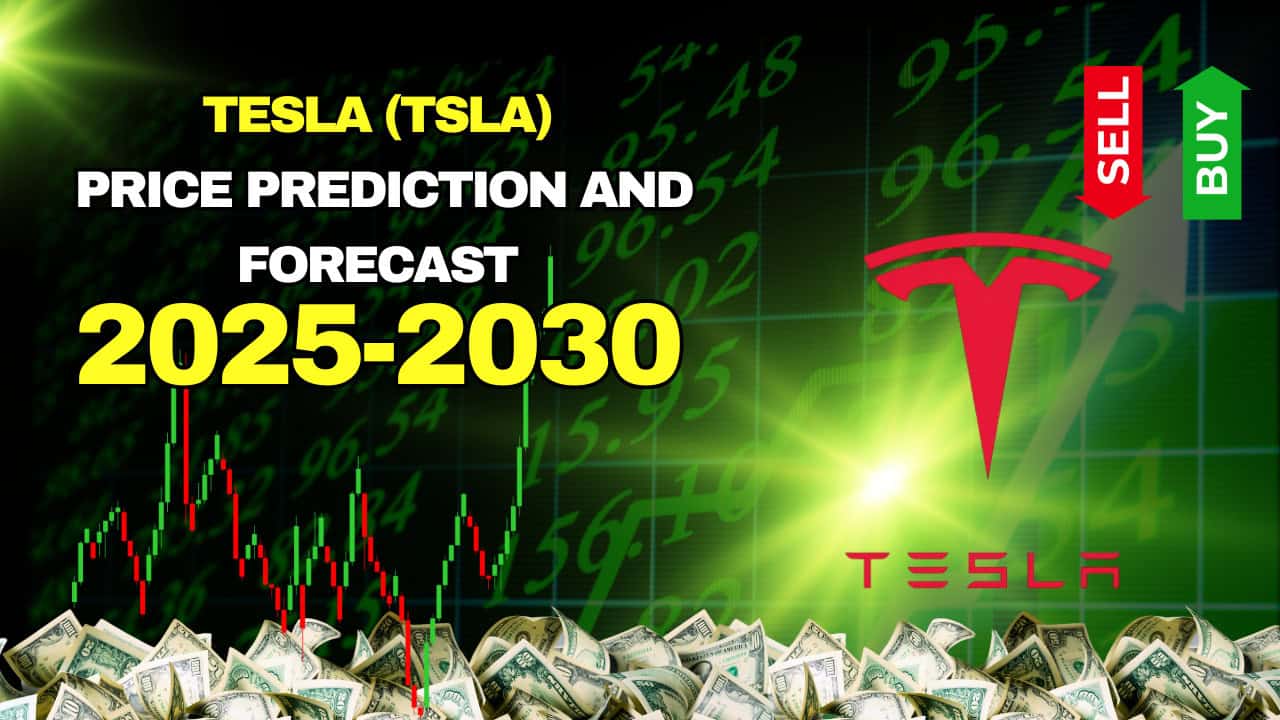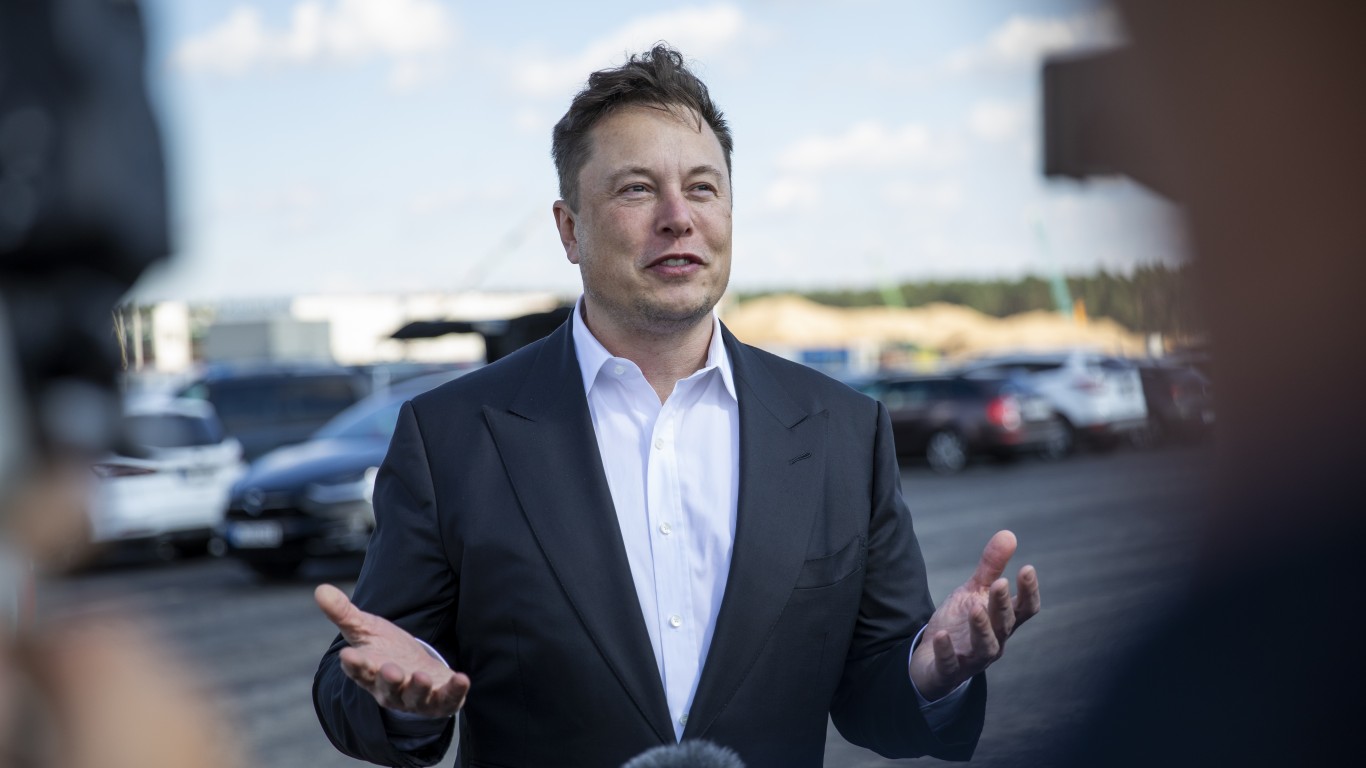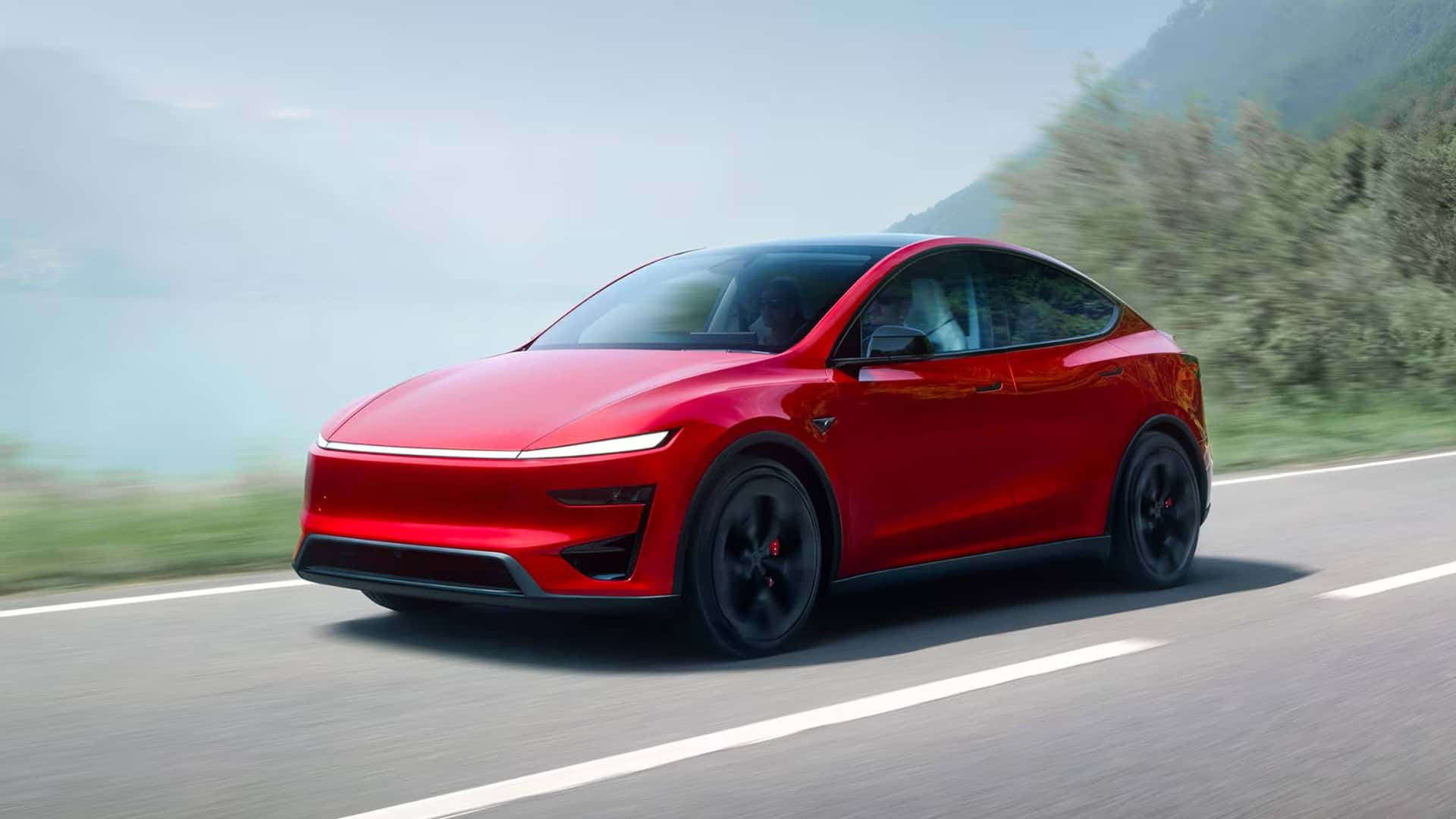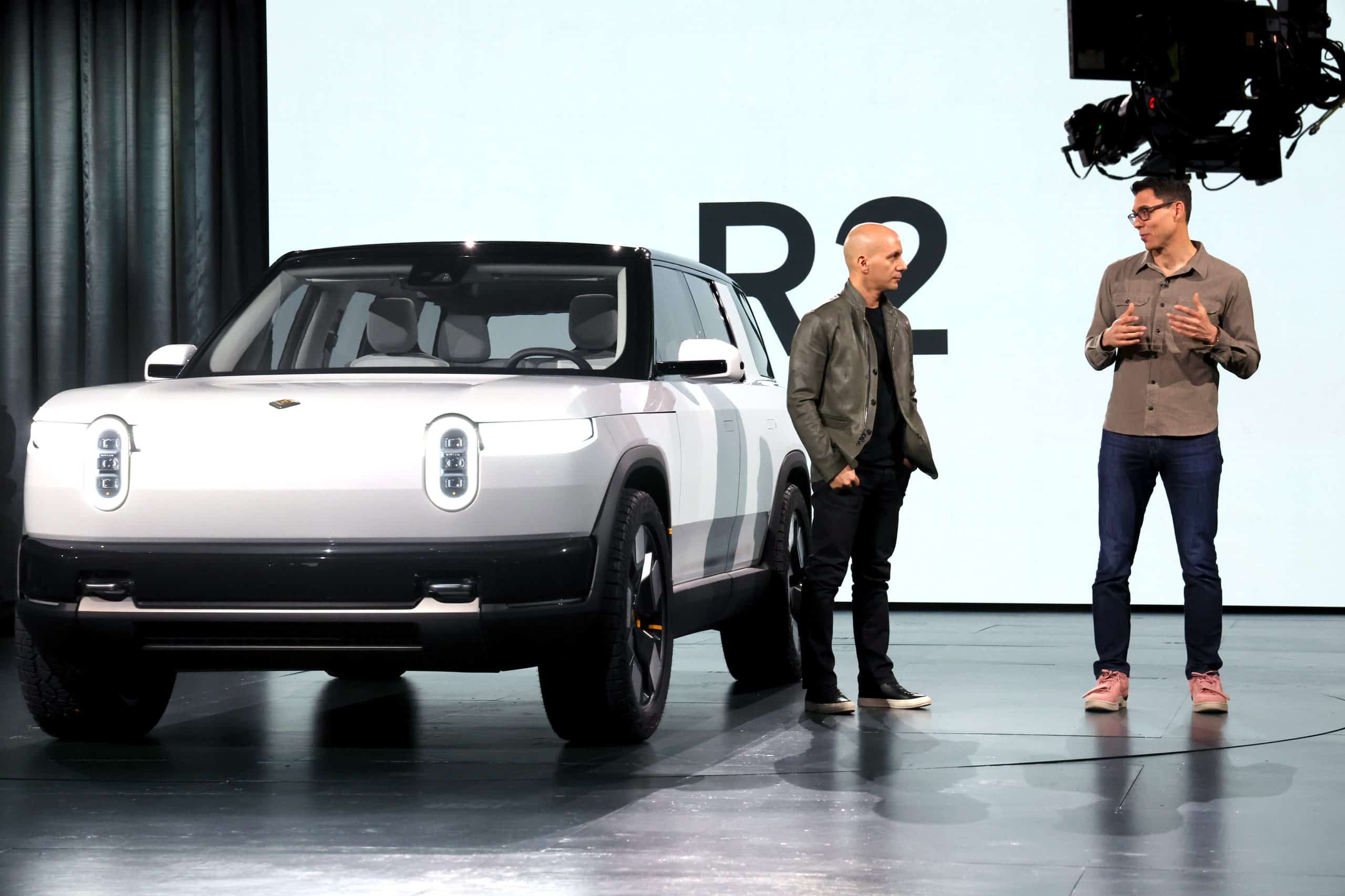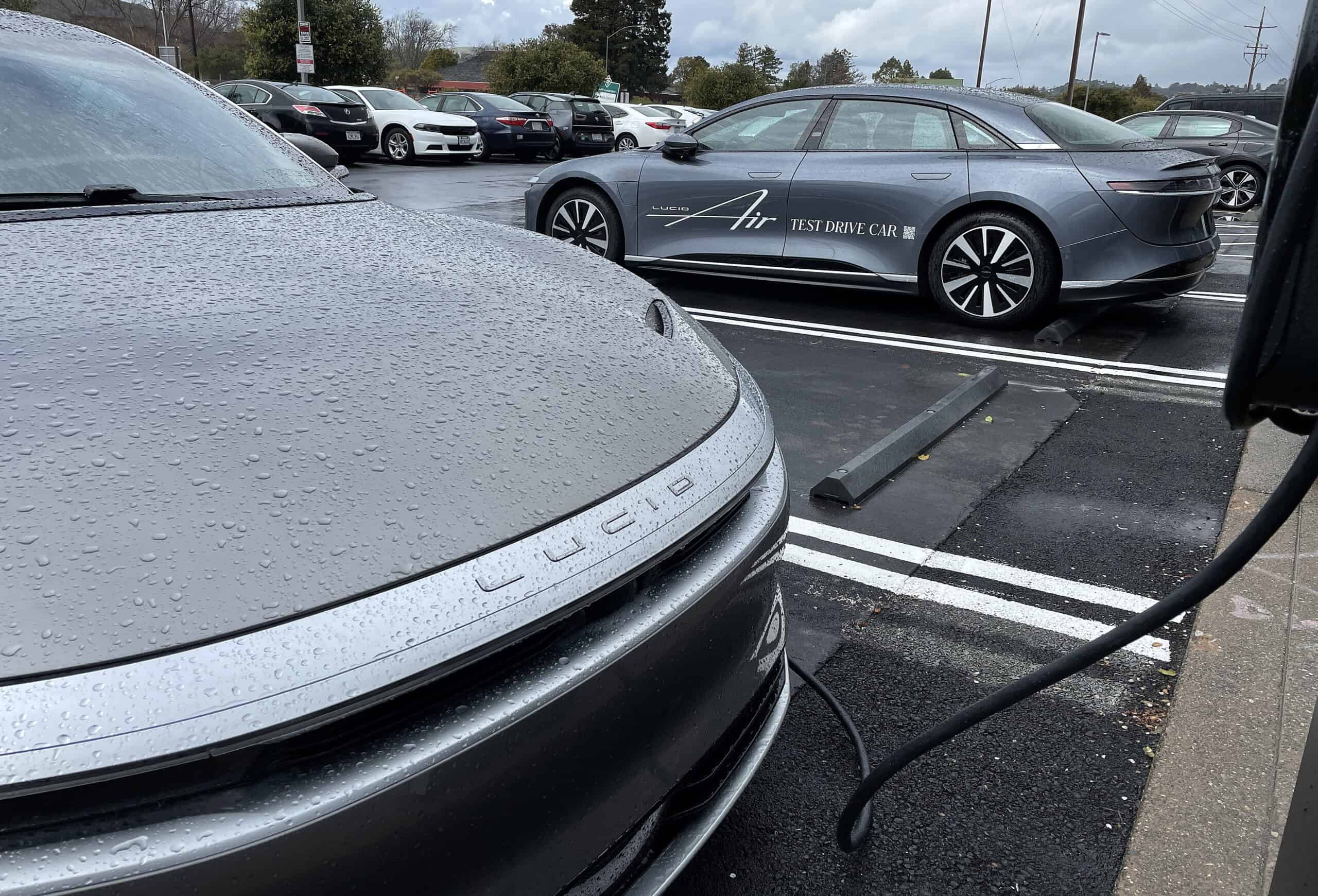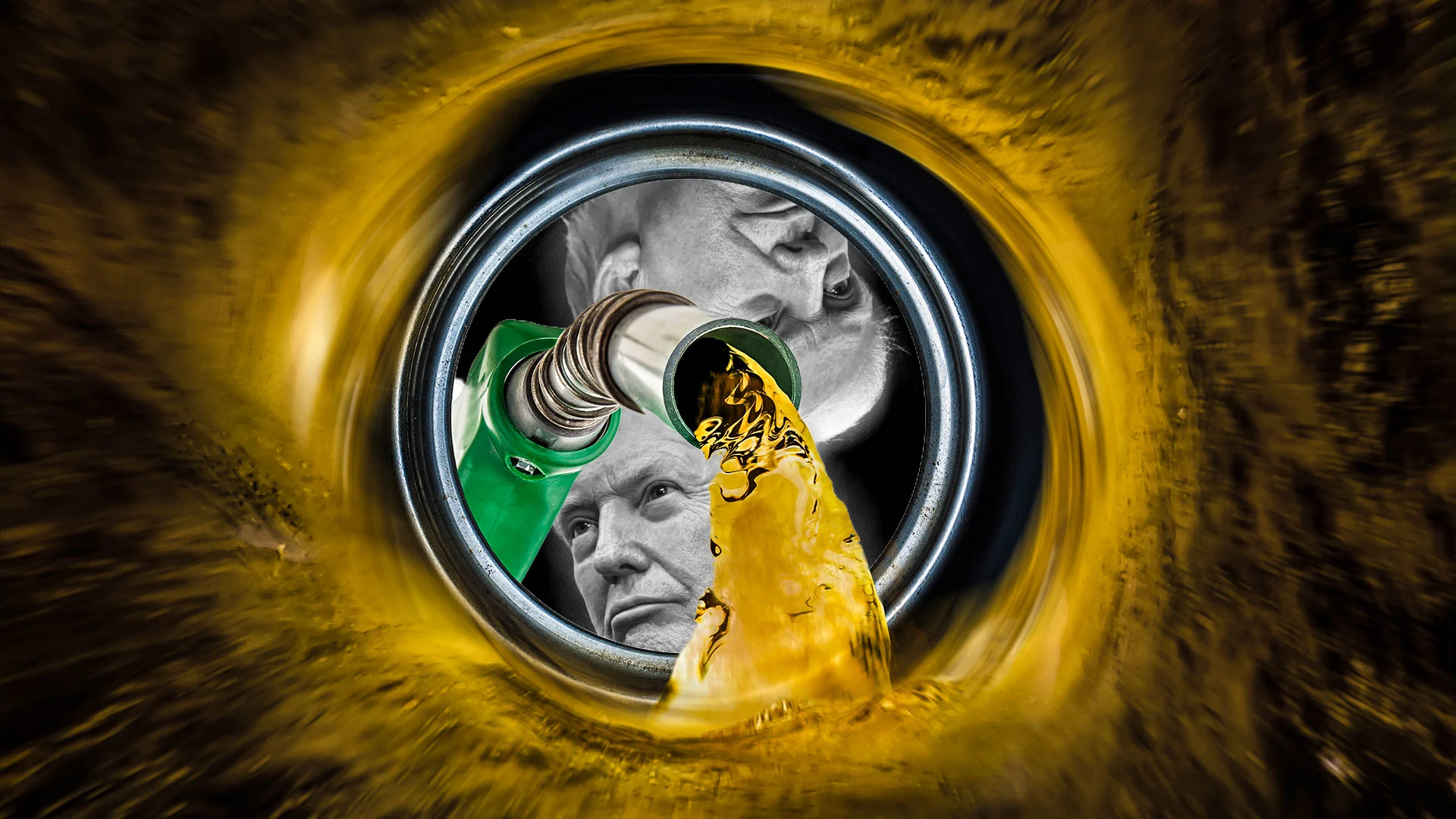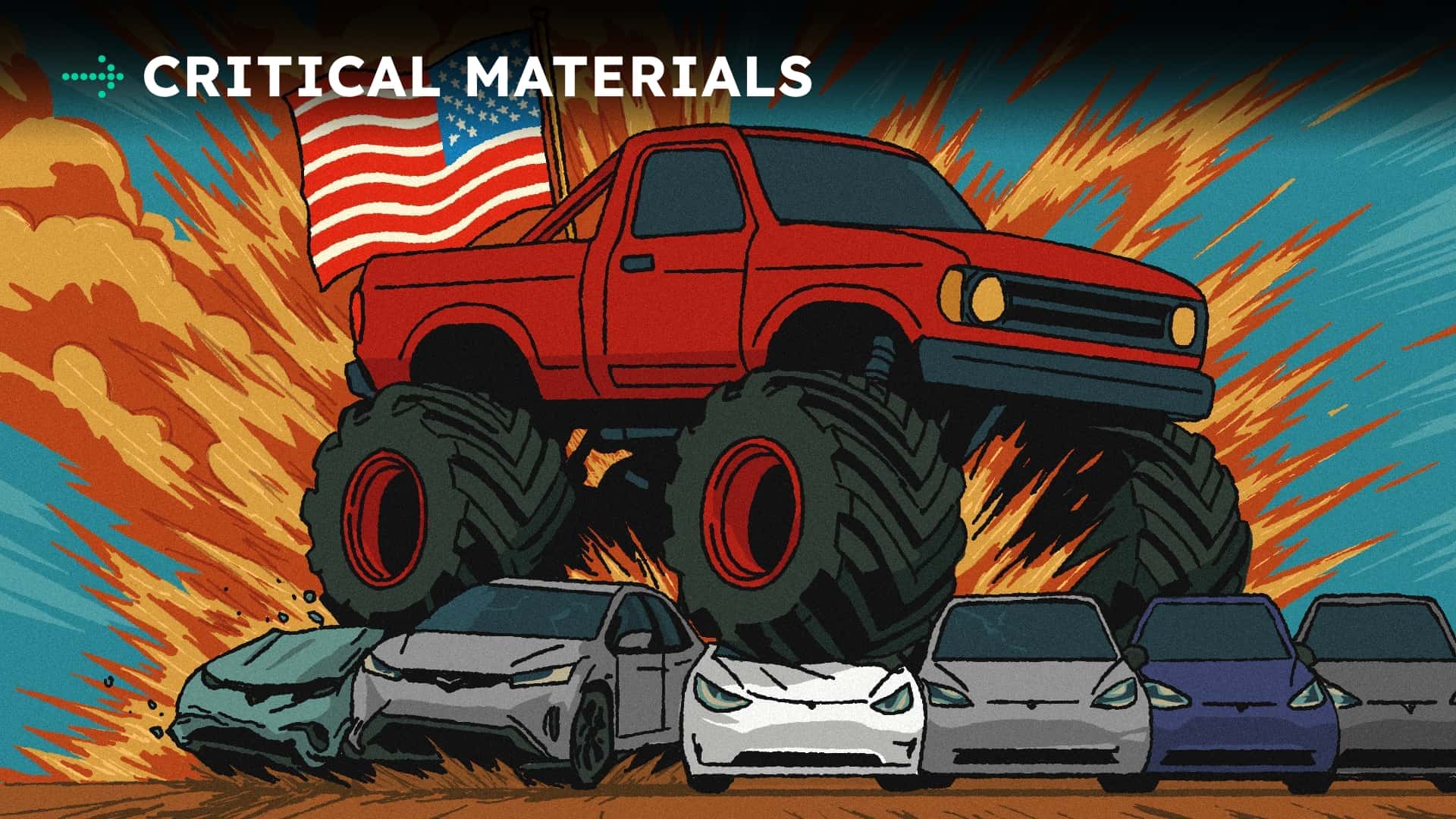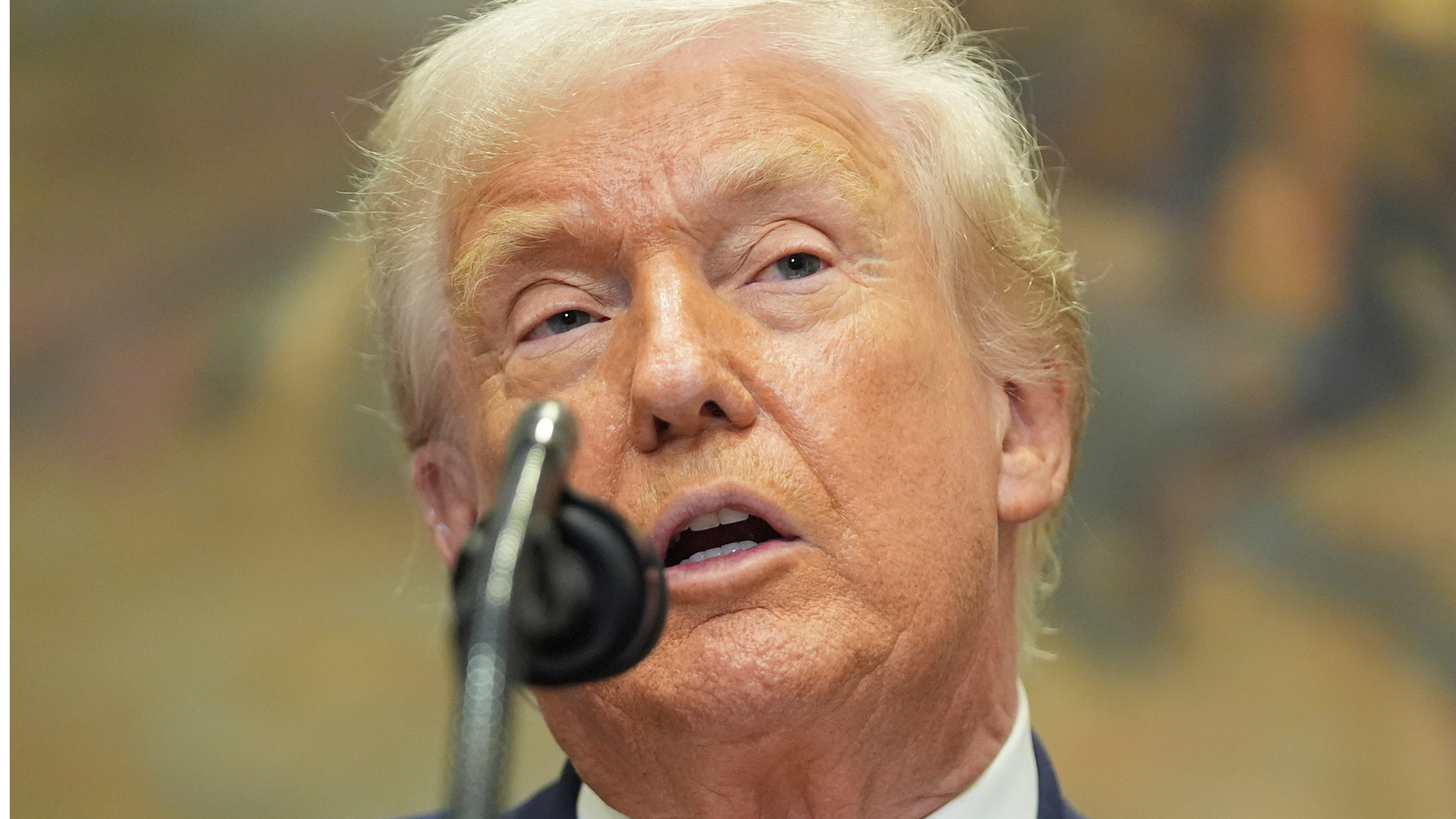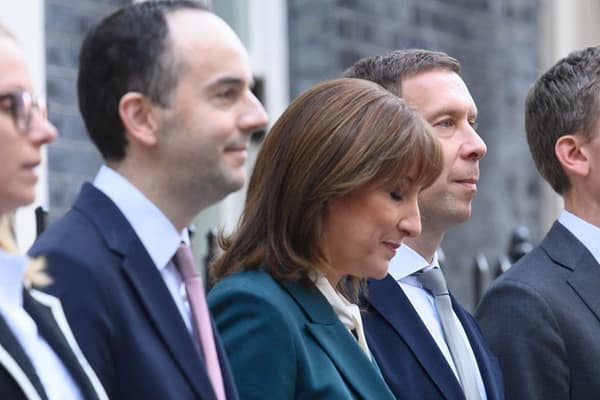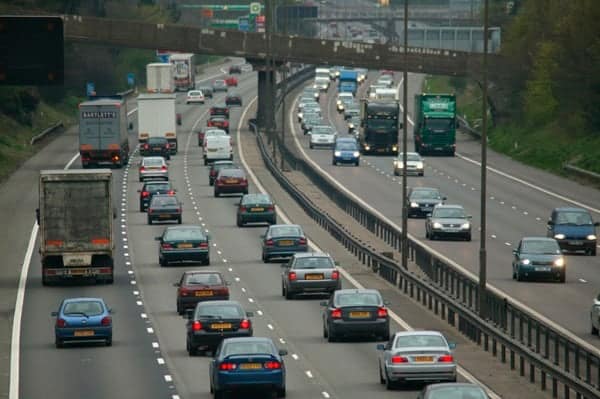fromLondon Business News | Londonlovesbusiness.com
2 weeks agoFleet-based businesses risk ruin without these UK-specific strategies - London Business News | Londonlovesbusiness.com
Running a fleet-based business in the UK was always financially challenging. But with Reeves' budget changes and the risks of operating somewhere like the capital, things have never been more difficult. With so many rules and regulations, it's almost impossible to thrive in an environment like this. Fortunately, strategies for success are still available. Many fleet-based businesses continue to operate in spite of the challenges they face.



